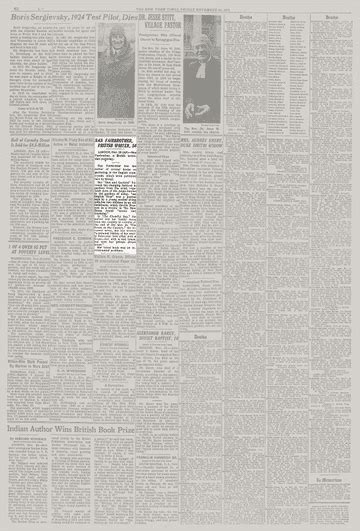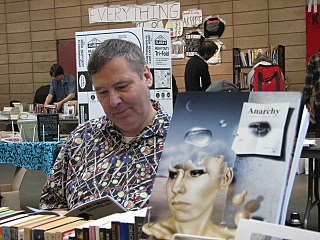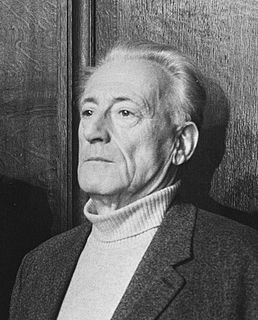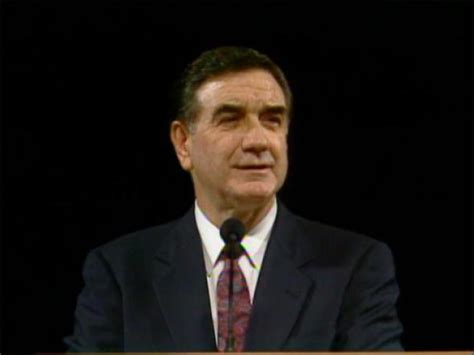A Quote by Nan Fairbrother
leisure is an attitude of mind, not simply remission of work.
Related Quotes
I sometimes find, and I am sure you know the feeling, that I simply have too many thoughts and memories crammed into my mind. “At these times, I use the Pensieve. One simply siphons the excess thoughts from one’s mind, pours them into the basin, and examines them at one’s leisure. It becomes easier to spot patterns and links, you understand, when they are in this form.
Society of leisure perhaps? Indeed, the most remarkable aspect of the transition we are living through is not so much the passage from want to affluence as the passage from labour to leisure. Leisure contains the future, it is the new horizon. The prospect then is one of unremitting labor to bequeath to future generations a chance of founding a society of leisure that will overcome the demands and compulsions of productive labor so that time may be devoted to creative activities or simply to pleasure and happiness.
Work is a blessing. God has so arranged the world that work is necessary, and He gives us hands and strength to do it. The enjoyment of leisure would be nothing if we had only leisure. It is the joy of work well done that enables us to enjoy rest, just as it is the experiences of hunger and thirst that make food and drink such pleasures.
How we use our leisure is equally as important to our joy as our occupational pursuits. Proper use of leisure requires discriminating judgment. Our leisure provides opportunity for renewal of spirit, mind, and body. It is a time for worship, for family, for service, for study, for wholesome recreation. It brings harmony into our life.
The secret is contained in a three-part formula I learned in the gym: self confidence, a positive mental attitude, and honest hard work. Many people are aware of these principles, but very few can put them into practice. Every day I hear someone say, 'I'm to fat. I need to lose twenty-five pounds, but I can't. I never seem to improve.' I'd hate myself if I had that kind of attitude, if I were that weak. I can lose ten to forty pounds rapidly, easily, painlessly, by simply setting my mind to it.
I think that when we know that we actually do live in uncertainty, then we ought to admit it; it is of great value to realize that we do not know the answers to different questions. This attitude of mind - this attitude of uncertainty - is vital to the scientist, and it is this attitude of mind which the student must first acquire.





































